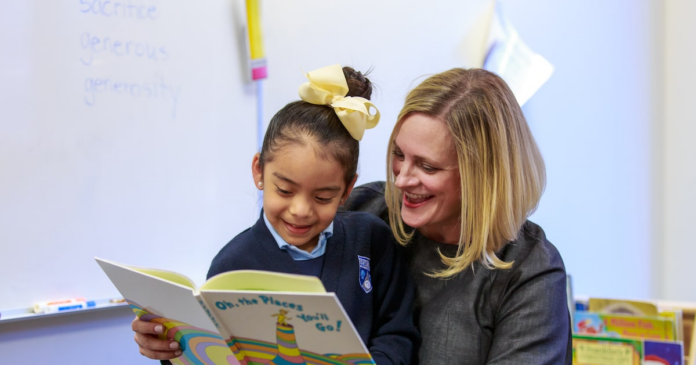A hundred years ago, Dallas was a city on the rise, and like other urban centers, it experienced growing wealth and deepening poverty. Today, our city is still trying to understand and shrink these economic and social disparities. Among the many groups in our community doing this important work is the United Way of Metropolitan Dallas, which is celebrating its 100th anniversary.
From its beginnings as the Community Chest in 1924, United Way of Metropolitan Dallas has done more than just raise money and connect local partners. It has built a sturdy infrastructure of philanthropy in North Texas by recognizing local needs.
In the early days, United Way served as a strategic allocator of resources, convening funds and distributing them throughout the community. Jennifer Sampson, CEO of United Way of Metropolitan Dallas, described how corporations and civic groups worked together to “sprinkle goodness across the community.”
But as needs grew more complex, so did the model.
Today, United Way pairs compassion and giving with data. Using the Community Vulnerability Compass, an innovative database developed with the Parkland Center for Clinical Innovation or PCCI, United Way can pinpoint neighborhoods with the highest levels of need, drilling down block by block and going beyond ZIP codes.
Through the foundation’s Data Capacity Building Initiative, more than 200 community organizations will have access to this tool over the next few years, amplifying the reach of data-driven initiatives.
Access to this hyperlocal information makes all the difference and helps inform community partners about where and how to best focus their efforts and allocate resources.
While data is important, at its core United Way is centered on stories.
Susan Hoff, chief strategy and impact officer at United Way, explained how data can help take the story of one person getting the help he or she needs and deepen its impact by multiplying it by the hundreds or thousands of people who might have similar challenges.
Corporate philanthropy has changed over the years. Companies now demand proof of impact, return on social investment and measurable outcomes.
United Way’s Aspire United 2030 goals — boosting the number of third-grade students reading on grade level by 50%, increasing the number of young adults earning a living wage by 20% and increasing the number of North Texans with access to health insurance — show an organization that’s ambitious in its mission to make a meaningful impact in the Dallas area.
As United Way marks its centennial today with events at Fair Park in South Dallas, a community at the center of many organizations it serves, it’s worth pausing to appreciate the depth of Dallas’ philanthropic spirit and the heart that drives so many initiatives to make our region a better place for everyone who calls it home.
Subscribe To Our Newsletter
[contact-form-7 id="4" title="Contact form 1"]



